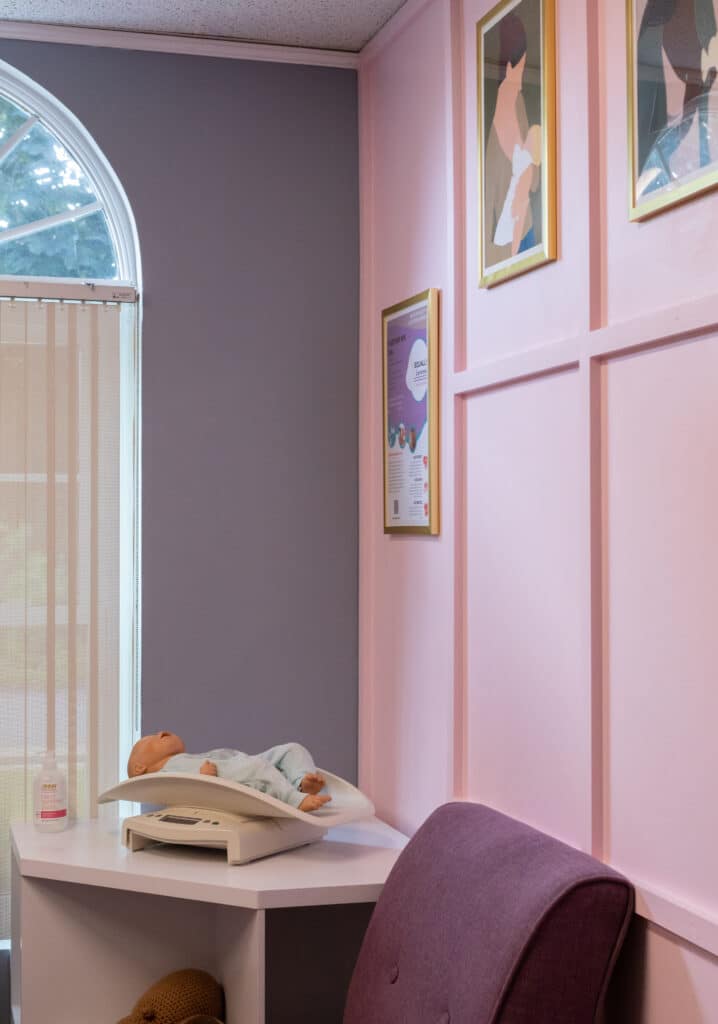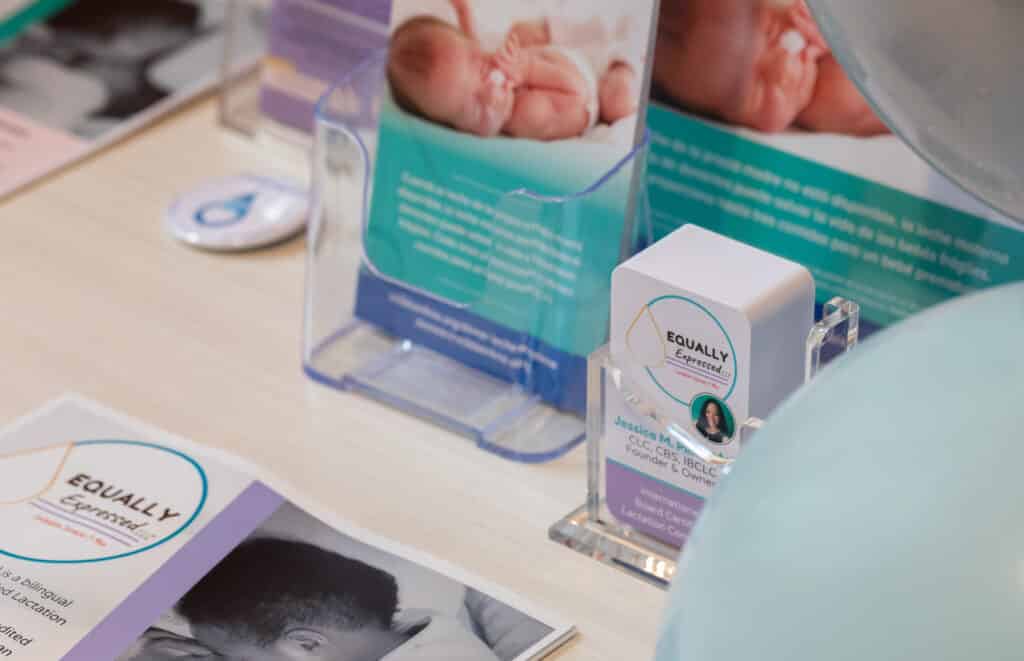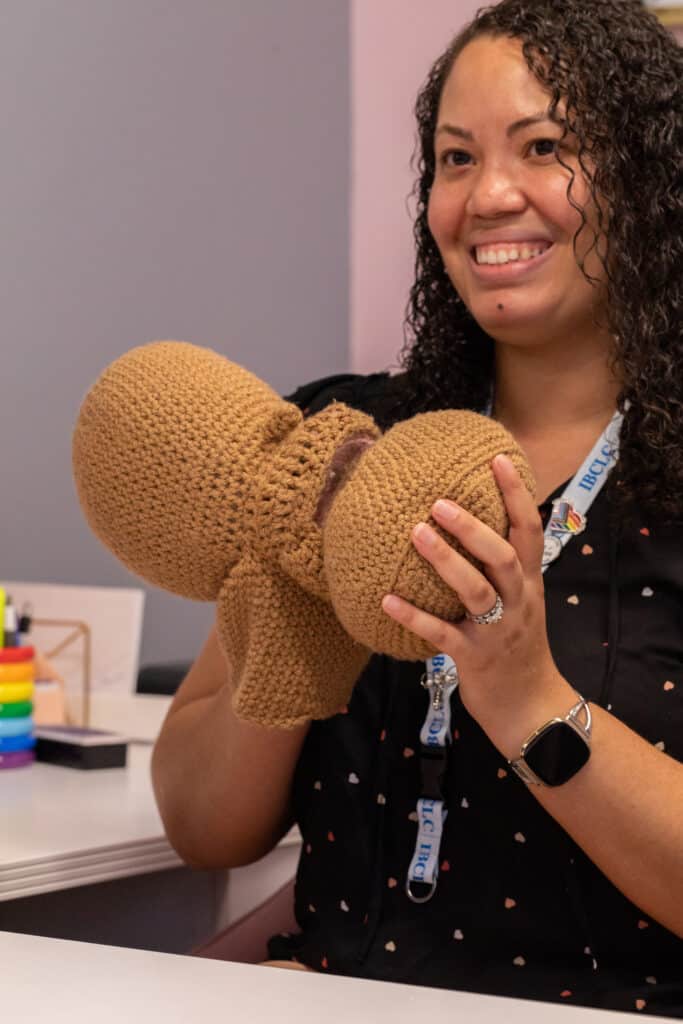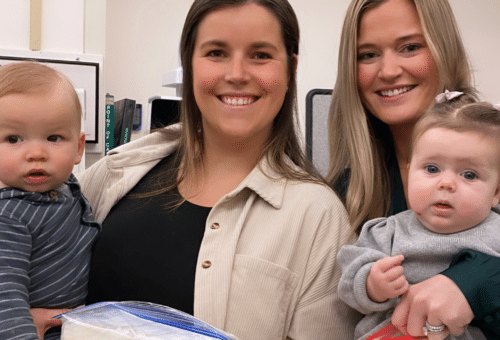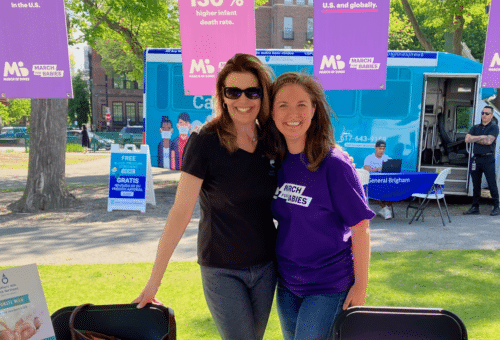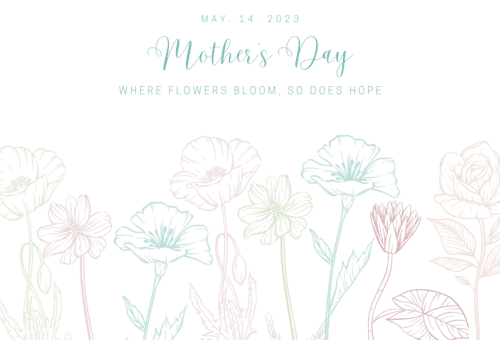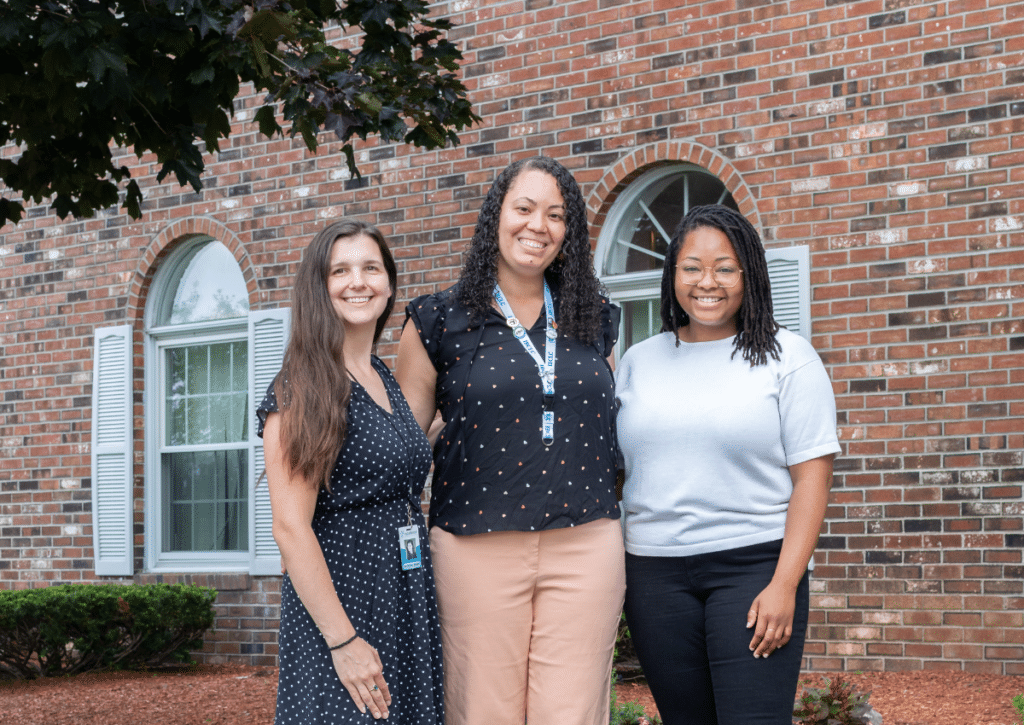
Nuestro Mas Último Dispensario De Leche
There’s a brand new milk dispensary in town . . .
If you’ve been checking the ‘gram, then chances are you already know this but July 6th marked the official opening of our brand new donor milk dispensary. Equally Expressed in North Andover can now dispense our safe, pasteurized donor milk for babies who need it.
Equally Expressed has a deep commitment to equitable access, and incredible partners like this make it easier for babies and families to get what they need and deserve. Not only that, but dispensaries help us to spread the word about milk donation and its importance. Without these partners our ability to reach communities and support families would be greatly diminished.
Excited to celebrate the grand opening of both Equally Expressed and our first milk dispensary in North Andover, we’re so thankful for all those who braved the heat to commemorate the day. Speaking of which, we’d like to say a very special thank you to State Senator Bruce Tarr and Janice Phillips, District Director for State Senator Barry Finegold who came out to support the event and cut the inaugural ribbon.
In her words . . .
We managed to nab a few quiet moments with Jessica Pimentel, owner of Equally Expressed. Here she talks her new adventure, the importance of donor milk and diversity in lactation.
On raising awareness of donor milk and its importance . . .
Most families I encounter have not heard of or considered donor milk. I always like to discuss several different feeding options and that naturally leads to a conversation about donor milk. Typically “is donor milk safe to use?” is the first question I get. Another common one is “how do I donate milk to a milk bank?” I see this as win-win so I like to provide as much helpful information as possible.
En Español
La mayoría de las familias con las que me encuentro no han oído hablar de la leche de donante ni la han considerado. Siempre me gusta discutir las opciones para alimentar a los bebés (alimentar en el pecho, alimentar con leche extraída de uno mismo, proporcionar leche de donante, proporcionar fórmula infantil), y eso tiende a generar una conversación. Una de las preguntas más comunes que recibo es si la leche es segura. La otra pregunta más común que recibo es cómo donar leche al banco de leche. Veo eso como un ganar-ganar en todos lados.
On becoming a milk dispensary for Mothers’ Milk Bank Northeast . . .
Throughout my career I’ve seen just how much good Mothers’ Milk Bank Northeast does. In one role, I helped a milk depot (a place where milk donors can drop off their raw milk donations) accept, store and ship donations to the milk bank. So now that I finally have a space in which I can sponsor a dispensary, it just feels like the next logical step. I really admire the milk bank’s work, so I’m thrilled to do my part.
En Español
A través de mis otros roles, he visto cuánto bien hace Mother’s Milk Bank Northeast. En un empleo anterior, ayudé con el Milk Depot para recibir leche donada y enviarla al banco de leche. Cuando finalmente tuve un espacio en el que podía hacer mi parte patrocinando un dispensario, honestamente fue el siguiente paso lógico. Me encanta el trabajo que hace el banco de leche y estoy muy feliz de poder ser una pequeña parte de él.
What makes your dispensary unique?
There are a few things that make my dispensary unique. For starters, I’m a bilingual Spanish lactation consultant offering full lactation services. I’m thrilled to offer a genuinely warm and welcoming atmosphere which also helps to set me apart. As I like to say, Equally Expressed is judgment-free zone.
En Español
Hay algunas cosas que hacen que mi dispensario sea único. Soy una consultora de lactancia bilingüe en español que ofrece servicios completos de lactancia, para empezar. Pero lo que más me distingue es que sé que ofrezco un ambiente muy cálido y acogedor y una zona sin juicios.
You’re committed to supporting diversity and particularly in the lactation field which is hugely important. Why is this so crucial?
Diversity in lactation is needed. There are many families who, even if they do have lactation services available to them, simply don’t feel comfortable going because they are worried about being judged. Often, they genuinely feel that the lactation consultant won’t understand their struggles. Culture, language, sexual orientation and gender identity are just some of the most common reasons for this. Sadly, this was my personal experience and the experience of many families I’ve worked with.
This fear causes us to hold back information and close ourselves off from specialists who could help us. The postpartum period is stressful enough as is. If you ask me, there’s no space for additional fear, stress or judgment.
Additionally, when diverse lactation professionals aren’t available, families seek answers elsewhere. Typically, they reach out to well-meaning friends and family who can better relate to their situation but understandably they don’t have the same education or training professionals do.
I envision a lactation field where every family will be able to get the support they need, in the language they want, with understanding and respect for their culture. Diversity in lactation is 100% necessary if we are going to achieve this.
En Español
Se necesita diversidad en la lactancia. Hay muchas familias que, incluso si SÍ tienen servicios de lactancia disponibles, no se sienten cómodas yendo porque les preocupa el juicio o porque realmente sienten que el asesor de lactancia no entendería sus luchas. La cultura, el idioma, la orientación sexual, la identidad de género y mucho más pueden ser razones importantes.
Esta fue mi propia experiencia personal, así como la experiencia de muchas familias con las que he trabajado. Hace que retengamos información y no seamos tan abiertos con la especialista que podría ayudarnos. El período posparto ya es lo suficientemente estresante como para agregar el temor de ser juzgada o de que le digan que haga algo que vaya en contra de su cultura.
Además, cuando no hay disponibles diversos profesionales de la lactancia, las familias buscarán respuestas en otros lugares, generalmente amigos y familiares bien intencionados con quienes pueden relacionarse mejor, pero que no tienen la educación y la capacitación que nosotras tenemos. Visualizo un campo de lactancia diverso donde cada familia podrá obtener el apoyo que necesita, en el idioma que desee, con comprensión y respeto por su cultura. Para lograr eso, necesitamos diversidad en la lactancia.
As a non-profit dedicated to improving infant health, we’re so thankful for the support of partners like Jessica who truly recognize the importance of our mission. To learn more about donor milk and/or becoming a milk donor, please click through.
